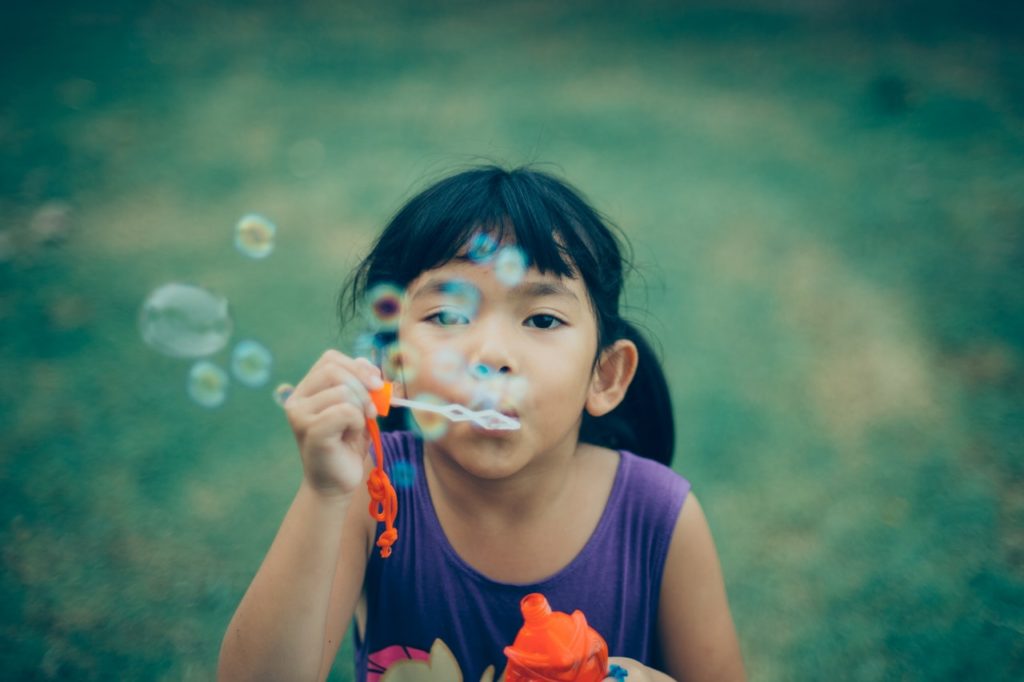Rewiring Happiness for Kids
- Published: Monday, February 26th 2018
- in Living Well

Happiness is a hot topic. In fact, according to a recent article[1] in the New York Times, a course developed to teach students how to lead happier lives is currently the most popular class at Yale University. However, parenting experts point out that it’s easier to teach children happiness skills at an early age, long before they face the stress of college and living away from home. Here are three tips on how to rewire happiness for kids, and raise children who know how to find joy throughout their lives.
Understand the Importance of Play
We’ve all read articles about the importance of play. Simply put, this is how children spend their free time when they are not being told what to do. Play helps children develop their imaginations and think independently. It also teaches them that it is ok to make mistakes. Importantly, it helps children have confidence in their ideas and solve problems. Play starts at an early age. For instance, think about how babies love to play peek-a-boo. Play teaches children important social skills, like sharing, cooperating, and taking turns.
However, children today have significantly less time to just play, thanks to “helicopter” parenting, organized team sports for younger children and an explosion of classes for kids as young as two. Boston College Professor of Psychology Peter Gray, Ph.D. believes lack of play is a key factor in the increase in anxiety and depression in teens and young adults.[2] The conclusion? If you want to raise a happy kid, allow plenty of time for playing and make believe!
Self-esteem Starts at an Early Age
Many of us grew up in a world where every accomplishment was trophy worthy. Parents reflexively said “good job” when we completed the simplest tasks. While recognition is important, parenting-experts say lavish praise does not build self-esteem. Instead, children should be given plenty of opportunities to experience the feeling of mastering a project or skill – all by themselves. For example, when a child figures out how to build a block tower, she builds her feeling of self worth. However, be sure your child has connections to others and is valued for herself, not just her accomplishments.[3]
Unhappiness Happens
Every child experiences unhappiness: a pet dies, a favorite toy is lost, or a friend says something hurtful. Unfortunately, some children also experience significant trauma and sadness. Some experience the loss of a parent to a serious accident or illness to childhood depression. If your child is experiences unhappiness from everyday events, encourage him to talk to you about his feeling. There are books and games that can help your child describe his feelings, starting at a young age. Importantly, if your child is experiencing serious unhappiness, ask your doctor to recommend a professional that can help. This can avoid lasting problems – and it teaches your child that it’s ok to ask for help when they are anxious or unhappy.
Sign up to receive insider tips, luxury destinations and more.
Purchase a Spafinder Gift Card–perfect for every occasion!
[1] New York Times, “Yale’s Most Popular Class Ever: Happiness,” David Shimer, January 2018
[2] The Atlantic, “All Work and No Play: Why Your Kids Are More Anxious, Depressed,” Esther Entin, October 2011
[3] Scholastic.com: Parents, “Raising Happy Kids”



